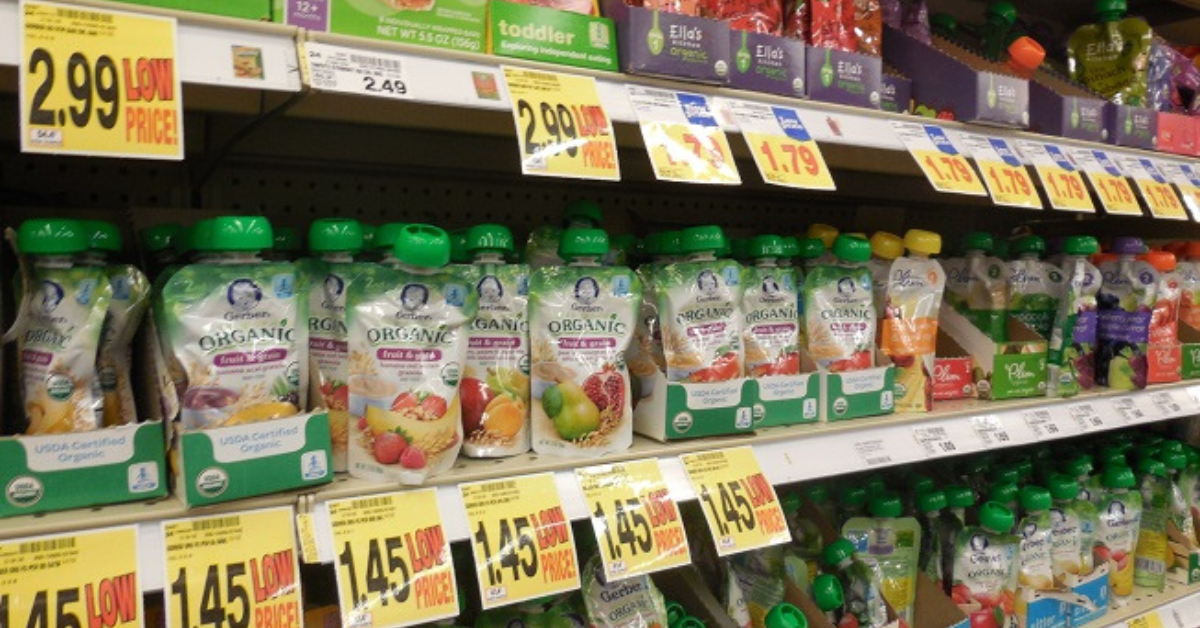According to a recent study by the George Institute for Global Health, nearly 60% of industrially produced baby and toddler foods sold in U.S. grocery stores do not meet World Health Organization nutritional standards.
Researchers analyzed 651 baby food products from ten U.S. grocery chains and published their results in the journal Nutrients.
The big picture: The study found that 70% of products did not meet protein requirements, 44% exceeded recommendations for total sugar content and 25% did not meet calorie requirements.
- The study also found that convenience foods such as snack bags and finger foods are particularly problematic because they are often low in protein and high in sugar, energy and sodium.
What they say: “Snacks and finger foods such as fruit bars, cereal bars and inflated snacks accounted for nearly 20% of products available for purchase in 2023, but had some of the lowest compliance rates with WHO nutrition and advertising criteria,” the study said. “These foods were low in protein and high in energy, sodium and sugar, and often contained added free sugars and sweeteners.”
- Elizabeth Dunford, a fellow at the George Institute, said the increasing popularity of processed ready meals for infants and young children was worrying.
- “Early childhood is a critical period of rapid growth and the formation of taste preferences and dietary habits that may pave the way for the development of chronic diseases such as obesity, diabetes and some cancers later in life,” Dunford said.
- She continued: “Parents who are short on time are increasingly turning to ready meals. They are unaware that many of these products lack important nutrients for their child’s development and are misled into believing that these products are healthier than they actually are.”

